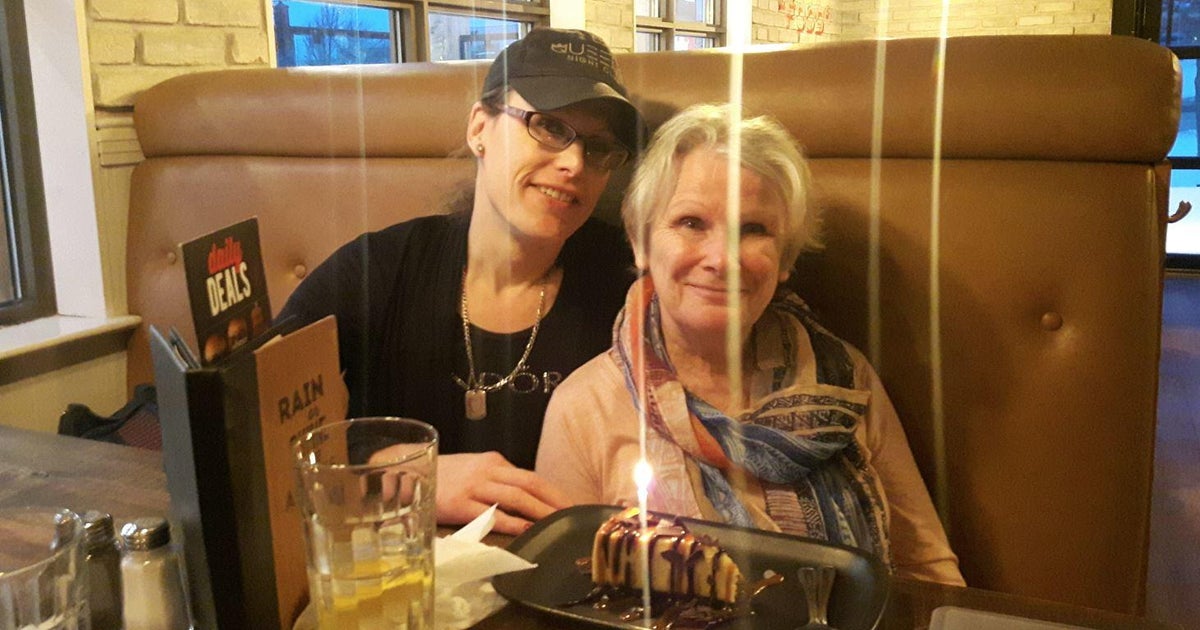Celebrities getting candid about their health challenges can help reduce stigma, experts say
All within the past few weeks, several famous faces have come forward with news about their health. Ed Sheeran opened up about living with an eating disorder, Maria Menounos shared her pancreatic cancer journey, Toni Braxton spoke out about lupus, Jewel talked with "CBS Mornings" about her mental health reset, and Meghan Trainor revealed her vaginismus diagnosis, just to name a few.
As more and more celebrities get candid about their health and mental health challenges, experts say this can have a positive impact on fans and others watching by raising awareness and removing stigma.
"We know that celebrities sharing their experiences is one way to improve knowledge and general education on specific health conditions," says Dr. Adiele Hoffman, a general practitioner and medical adviser at the women's health app Flo. "Improving awareness can also influence positive health behaviors like seeking help from professionals and accessing reliable sources of information."
While there isn't a huge amount of medical evidence around celebrity disclosures, mental health research has shown there can be an impact. In a 2022 analysis, for example, researchers found celebrity disclosures about mental health can lead to reduced stigma and better acceptance of people with mental health conditions.
Mental health disclosures can also help counter false beliefs around conditions and minimize stereotypes, Hoffman adds.
For example, Ed Sheeran revealing his experience with binge eating earlier this year helped put a spotlight on the fact that men can deal with body image issues and eating disorders too.
"People who struggle with disordered eating and body image issues usually experience shame and find it challenging to open up about their challenges and seek help. By being open about their challenges, celebrities remind us that anyone can get affected by these issues and that it's OK to talk about them and seek help," says Elizabet Altunkara, director of education at the National Eating Disorders Association.
Seeing an admired celebrity who has faced and overcome these challenges, or is in the recovery process, can also generate a sense of hope, Altunkara says. Plus, it helps that stars have a large platform.
"Celebrities have large audiences and a big reach. If they are raising awareness about eating disorders and mental health challenges in general, they have the ability to raise awareness on a larger scale," she says. "Knowing that your favorite celebrity also struggled with an eating disorder and was able to recover not only becomes a source of hope but also emphasizes the fact that eating disorders don't discriminate and can affect anyone."
Hoffman thinks the same benefits can apply to other health disclosures too.
"Celebrities sharing their experiences, particularly those opening up about stigmatized women's health conditions like Chrissy Teigen has on her infertility journey and pregnancy loss, can play a powerful role in increasing public awareness and understanding," Hoffman says. "People can also learn by observing a celebrity's actions and outcomes — a celebrity is still popular and respected despite their condition and any concerns about potential negative consequences."
Hoffman also thinks celebrity disclosures around health topics often deemed as "taboo" can help normalize these conversations and reduce both public and self-stigma.
"Having positive role models in the media openly discuss taboo topics like sex and sex-related health topics can help break down barriers and open conversation," she says. "When a celebrity openly talks about a taboo topic, like vaginismus, it's like they're giving people permission to talk about it too. Suddenly, people feel more comfortable reaching out for support which they might not have done due to either a lack of understanding or embarrassment."
Hoffman says it's important to remember that media portrayal of celebrities and their condition also play a key role, noting the importance of providing accurate information. It's also useful for fans to remember that individuals are all different and celebrities' experiences won't necessarily be identical to their own.
"While it is great to normalize these experiences, we should remember that we're all unique and should seek medical advice for personalized diagnoses and treatment," Hoffman says.
If you or someone you know is struggling with body image or eating concerns, the National Eating Disorders Association's toll-free and confidential helpline is available by phone or text at 1-800-931-2237 or by click-to-chat message at nationaleatingdisorders.org/helpline. For 24/7 crisis situations, text "NEDA" to 741-741.




